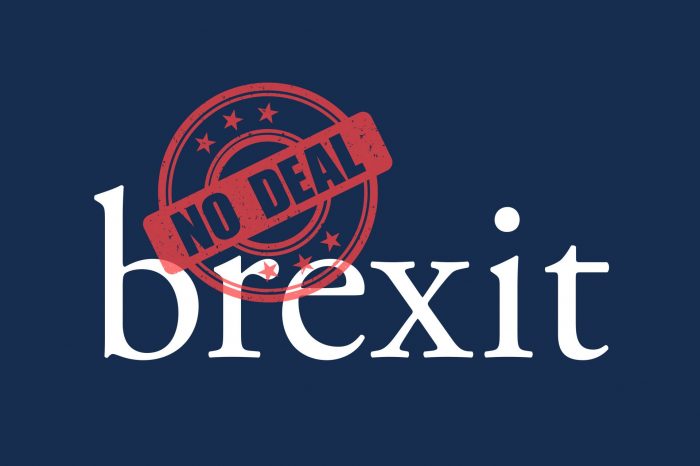Andrew Tyrie’s paper “Giving Meaning to Brexit”
A paper called Giving meaning to Brexit by Andrew Tyrie MP, has just been published by Open Europe.
Mr Tyrie is Chairman of the House of Commons Treasury Select Committee and former Chairman of the Parliamentary Commission on Banking Standards. Given he supported remain during the referendum campaign, it is highly unlikely that you will agree with everything he says, but it is nonetheless interesting to read the thoughts of one influential backbench MP on the subject of Brexit.
He spends some time explaining why he feels the so-called “WTO option” is not viable except as an emergency fall-back if negotiations with the EU break down.
He also addresses the issue of single market in some detail, although like many other commentators on this subject, he hasn’t done his homework very thoroughly. He talks of a Norway-type relationship giving us “no formal say” over the development of financial services regulation. This is not true. Norway is widely consulted in the framing of EEA-relevant regulation, even if it does not have a vote. He does, however, mention that with much financial regulation originating in global organisations (with the EU merely acting as a conduit), withdrawal from the EU would give us an independent seat on all those bodies where we are currently represented by someone from the EU.
Given the influence of global bodies in dictating the terms of international trade, he feels that the promised “bonfire of regulations” upon withdrawal will not be anything like as great as has been claimed, although he identifies one or two beneficial changes that may be possible .
He also says little about the possibility for non-EU members of the EEA to restrict free movement of people, which Liechtenstein has done, merely usng the phrase “emergency brake”, which is not a very accurate description of the possibilities under articles 112 and 113 of the EEA arrangment.
He is critical of the substantial savings promised by some “leavers” and is very sceptical that we will be £350 million per week better off. He also doubts that a settled arrangment with the EU will be complete within the two years stipulated by Article 50.
On a more positive note, he does see the freedom to make our own trade arrangements as one of the big benefits of Brexit.
He says that Parliament should be given a chance to “express a view” on the planned negotiations before Article 50 is triggered, but does not call for a vote.
As for the future of the EU without the UK, he feels that sudden collapse of the project would be disastrous for us as well as the EU, but he does not mention the possibility of other nations peeling off one at a time, which cannot be ruled out and which would not necessarily cause a collapse. His description of the EU project as the “most sophisticated system of cooperation and integration, supported by the rule of law, between a large number of nation states – freely entered into – ever attempted” is a bit wide of the mark, given the deceit used by Edward Heath to take us in and the considerable sweeteners and twisting of the rules used to ensure that other candidate states vote to join when they get round to holding referendums on membership. I recall being told that in Malta, for instance, voters were told that not voting would count as voting not to join the EU, which was a lie.
In spite of these reservations, the essay is worth reading if for no other reason than it shows that most erstwhile Tory remainers have accepted the result and just want to make Brexit work as best as it can, for which we must give thanks.







